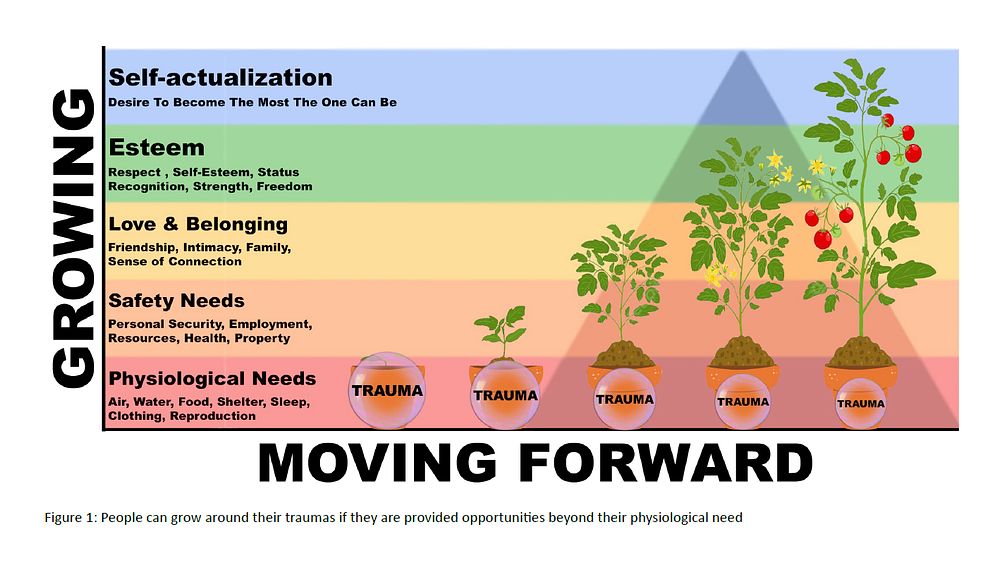Fuse researchers at Northumbria University were recently awarded £1.4m for a project looking to understand connections between trauma, health and homelessness in the North East. Here the research leads share how they have previously worked to embed community voices to improve health and reduce disparities for people with experience of homelessness.
The link between trauma and homelessness has been well documented, with recent evidence showing that 94% of people experiencing homelessness have experienced trauma. In the majority of cases the trauma was complex and reoccurring, with 65% having experienced four or more traumatic experiences.
In 2023 we received funding from the Arts and Humanities Research Council to develop a network to better support people who had experienced homelessness. We were fortunate to work with eight Experts by Experience (EbEs), or Experts by ‘Disaster’ as Barnie (one of our EbEs) suggested; people who had experienced homelessness, and the complex multiple needs and exclusions that frequently co-occur. The nine months project aimed to develop integrated ways of working, embedding community voices into the system to improve health and reduce disparities for People with Experience of Homelessness (PEH).
Discussions, which were led by EbE throughout the project, reiterated that trauma was common and often started in childhood, and followed by further re-traumatising events. Karl commented that while he remembered in vivid detail what had happened to him as a child, he often could not recall what he had been doing last week, highlighting the lasting impacts of trauma. Further discussions highlighted negative impacts throughout life, from relationships, education, employment to mental illness, suicide and addiction.
We reflected as a group that PEH are often viewed through a lens that considers only their immediate needs; shelter, clothing, food, and healthcare. Drawing on Maslow’s hierarchy of needs we considered that only the bottom two tiers are the most consistently met, but belonging and esteem much less so. The Experts by Experience felt that people need to be given a chance to grow in more holistic ways across all tiers of the hierarchy in order to become healthier and happier.
Tonkin’s model of grief proposes a way to see a happy and meaningful future focusing on growth around the grief. From these discussions, we collaboratively designed the graph below, which superimposes Maslow’s hierarchy of needs with and adapted version of Tonkin’s, in a model to inform ongoing and future work.
We have begun to explore this model through three core project strands:
- an innovation fund for which EbE were responsible;
- participation in an accredited Northumbria University module, and
- through understanding the impacts of involvement with the project.
Being given the opportunity to manage a budget, help others and having the status of university student (“I have been called many things; it was nice being called a student!”), stood out as having had a positive impact for many of the Experts by Experience. Lee and Porl said that opportunities to shape the project and develop their skills as researchers led to them feeling trusted and valued as equal members of the project team. Further to this, involvement in the project gave a sense of purpose and belonging, and increased confidence for many EbE.
This supported the notion that it is possible to grow around trauma when we attend to people’s experiences, hopes, talents, potentials and ambitions, as well as their basic needs. It also challenged us, as researchers, to think of research not solely as a detached enterprise, but as an inherent part of a system that can support people to grow and have more positive and valuing experiences.
*This blog has been written in memory of Ben
This supported the notion that it is possible to grow around trauma when we attend to people’s experiences, hopes, talents, potentials and ambitions, as well as their basic needs. It also challenged us, as researchers, to think of research not solely as a detached enterprise, but as an inherent part of a system that can support people to grow and have more positive and valuing experiences.
*This blog has been written in memory of Ben
References:
- Irving, A. & Harding, J. (2022) The prevalence of trauma in people who have experienced homelessness in England. Available at: https://www.oasiscommunityhousing.org/wp-content/uploads/2022/10/The-prevalence-of-trauma-among-people-who-have-experienced-homelessness.pdf
- Maslow, A. H. (1954). Motivation and Personality. New York, NY: Harper & Row Publishers.
- Tonkin, L. (1996). Growing around grief – another way of looking at grief and recovery. Bereavement Care, 15(1), 10-10.
- Photo by Matt Collamer on Unsplash





No comments:
Post a Comment